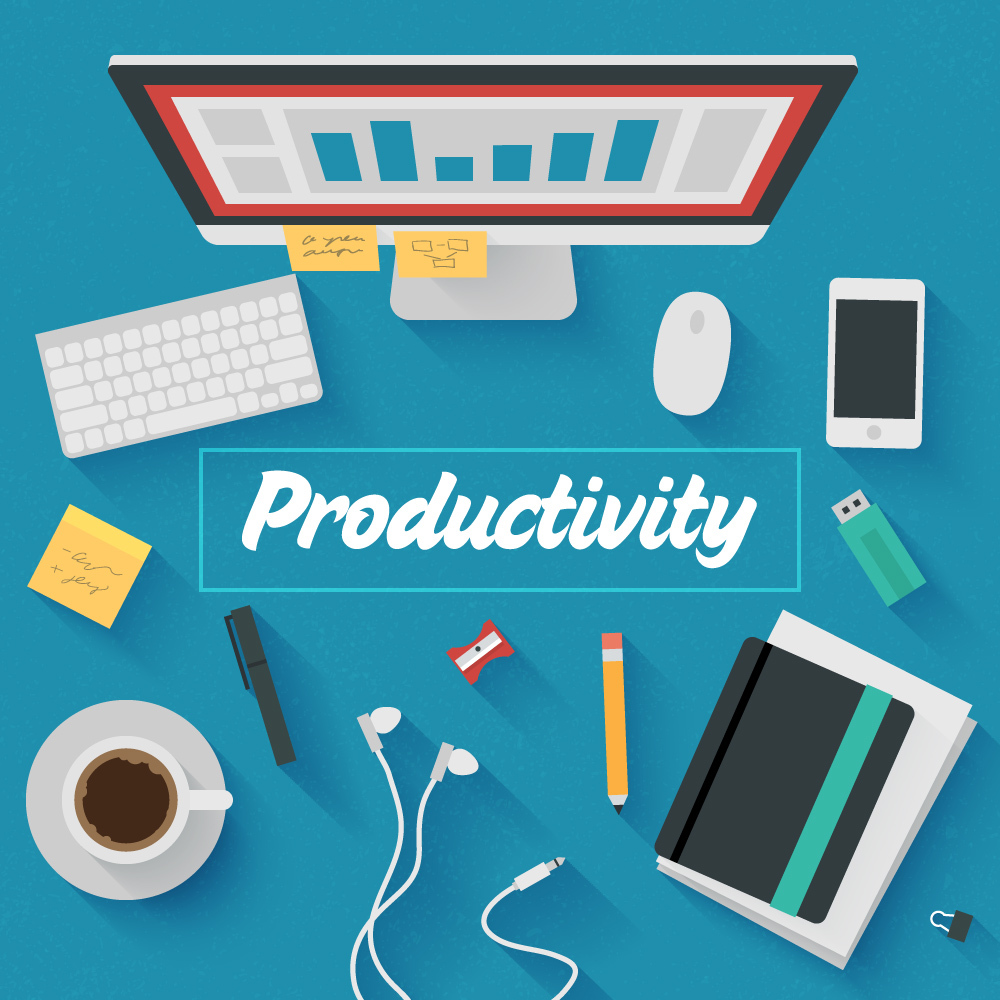As the traditional role of HR continues to evolve, one thing is clear: HR pros want to be more productive and involved by handling bigger issues that directly impact the company and its bottom line.
 |
Recently, HR Daily Advisor®, in conjunction with BambooHR, polled 1,307 U.S.-based HR professionals, the majority of whom have worked in the HR industry for 10 years or more. Respondents were asked to gauge their thoughts and attitudes regarding the challenges they’re currently facing and how they spend their time versus how they think they should be spending their time. Not surprisingly, the survey confirms that employee management takes up the majority of their time. But while they feel such minutiae is a necessary part of their job, many HR pros want to be spending their time participating in higher-level functions.
Want to know what HR professionals (perhaps even those in your own company) are thinking? To see the full survey results, click here.
Survey Says …
HR budget cuts? Let us help. HR.BLR.com is your one-stop solution for all your HR compliance and training needs. Take a no-cost, no-obligation trial and get a complimentary copy of our special report Critical HR Recordkeeping—From Hiring to Termination. It’s yours—no matter what you decide.
The study’s results illustrate how HR practitioners perceive their role and how they’d like that role to develop as the modern workplace evolves. Here are some of the minutiae that HR professionals feel consume a lot or most of their time:
- Employee management, including answering questions, resolving issues, recognition, and discipline (71 percent mentioned this)
- Company policies and compliance (54 percent)
- Recruiting duties such as job fairs, listings and posts, reviewing résumés, reference and background checks, and interviewing (42 percent)
Contrast that with the top areas HR professionals said they would like more training on:
- Workforce planning (40 percent)
- Professional development (34 percent)
- Managing and overseeing company culture (32 percent)
HR professionals want to play a more strategic role in the company; they see their role and value as extending beyond the little details like employee paperwork, payroll processing, and routine training. They perceive such employee management as the biggest threat to productivity, and they want to own bigger roles in shaping and maintaining company culture and planning the company workforce.
For full analysis, click here.
The survey results also demonstrated that HR pros care about their careers and strive to consistently attend HR-related training, but they would like to spend even more time on professional development:
- 82 percent of respondents have attended HR-related training in the past 12 months.
- 67 percent spend an hour or more educating themselves on HR updates weekly.
- Despite the high level of training, 54 percent would like to spend even more time developing professionally.
A notably higher percentage of respondents at large businesses (500 or more employees) felt they could use more professional development training than respondents at small- to medium-sized businesses—42 percent versus 30 percent.
Shifting responsibility?
This study also revealed that HR professionals overwhelmingly feel management is responsible for tasks traditionally thought of as being the responsibility of either HR or other employees:
- 65 percent of HR respondents say it should be the manager who is making sure employees are happy in their jobs.
- 82 percent of those polled say it’s management’s job to ensure that employees are being productive.
It’s worth noting that while this shift in responsibility is clearly desired, 69 percent of HR professionals believe they understand the needs and issues of employees more than management does.
Overall, this study shows that HR professionals are seeking to improve their job performance and enhance their role within the company. And as back-office technology and the modern workplace continue to evolve, the once traditional view of HR will adapt alongside them, continuing to usher in this new era of HR.
